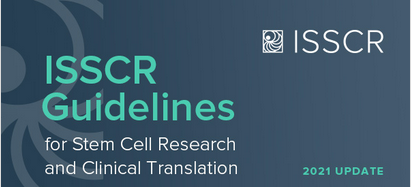Aggregated News

We are researchers with differing views on the ethics of stem-cell and embryo research who nonetheless share deep concerns about the latest guidelines from the International Society for Stem Cell Research (ISSCR; see R. Lovell-Badge Nature 593, 479; 2021).
The 2016 ISSCR guidelines ruled out experiments on human embryos beyond 14 days, citing broad international consensus that these lacked “a compelling scientific rationale, raise substantial ethical concerns, and/or are illegal in many jurisdictions” (see go.nature.com/3cqc4bw). The latest guidelines drop this prohibition (see go.nature.com/3gfkkw8) and do not propose any alternative.
At some point, the developing human embryo reaches a stage at which it should not be used for research. There is disagreement about when that happens, but scientists need to acknowledge that it does, and reassure the public that they accept limits. The latest guidelines do not prohibit the development or research use of ex vivo embryos at any stage.
Defining and defending a new limit, and possible constraints within it, will be hard. This was the case for the 14-day cut-off, selected some 40 years ago. But setting no limit is a grave omission.



